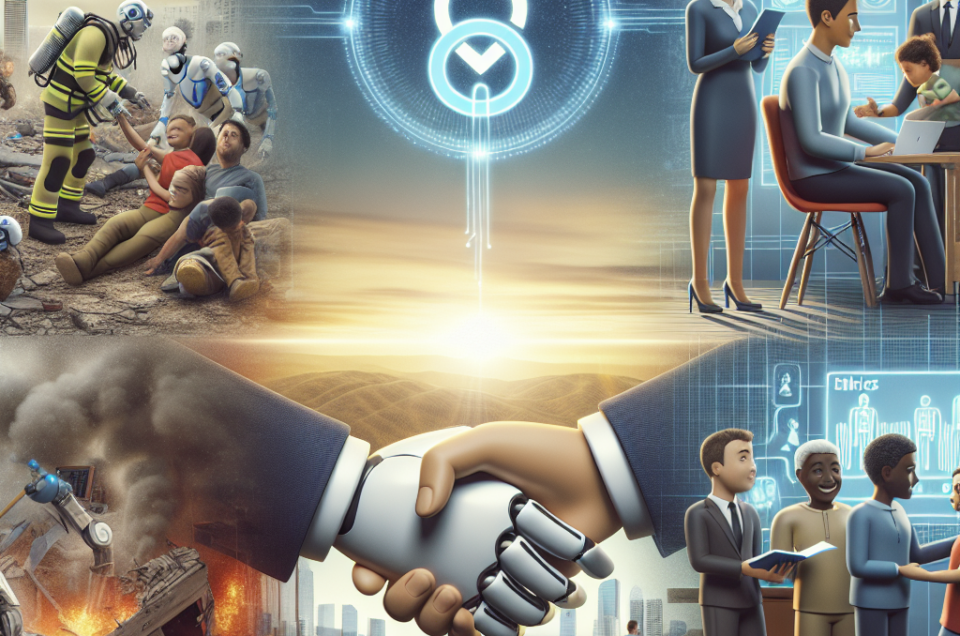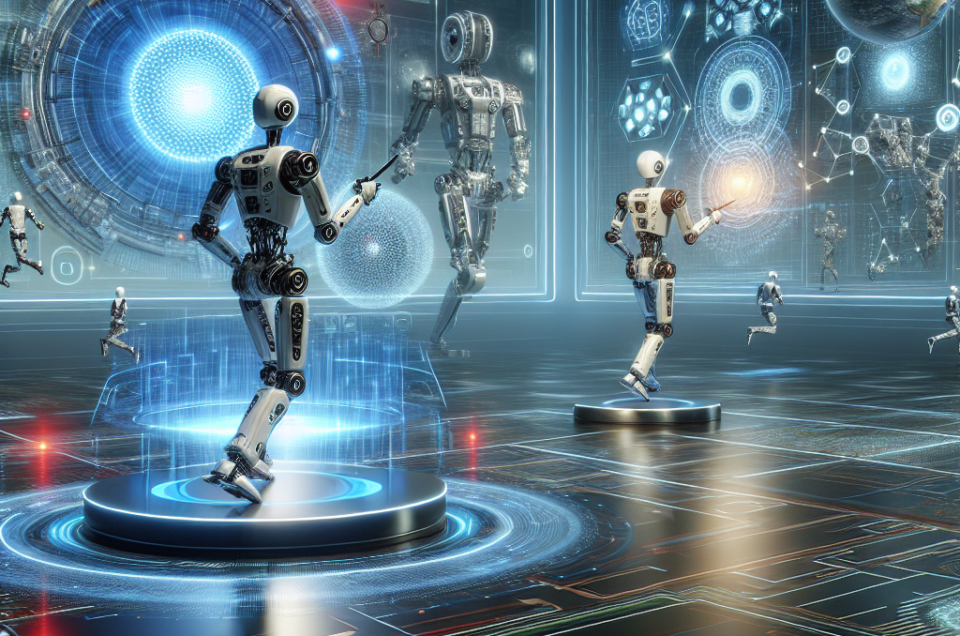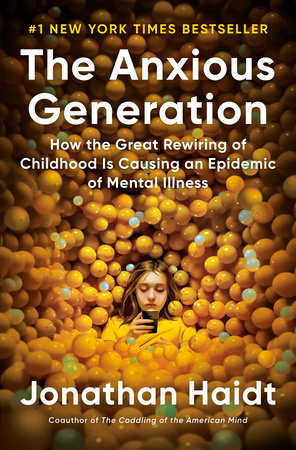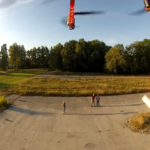Like Lemmings they are all jumping on the AI bandwaggon that is about to go driverless off a bridge.
Artificial Intelligence has undoubtedly revolutionized the way we live, work, and interact with technology. From virtual assistants to self-driving cars, AI has brought about incredible advancements in various fields. However, there is a growing concern that AI, despite its many benefits, might also make humanity progressively less intelligent.
The immanent risk of an unreflected use of AI becomes obvious if you ask an AI chatbot like ChatGPT questions that you know the answers. I tried it out having the AI write a multiple choice quiz.
This example makes it quite visible that you are not talking to an intelligent human being that is self reflective but to a neural network that acts convincing relying on bad training data.
In this article, I will explore some of the reasons behind this paradox and examine the potential consequences of an unreflected use of AI systems:
Overreliance on AI
One of the primary concerns is the increasing reliance on AI for tasks that were once carried out by humans. AI systems are becoming increasingly sophisticated, making it tempting for individuals to delegate their thinking and decision-making to machines. This overreliance on AI could lead to a decline in critical thinking and problem-solving skills among the general population.
Reduced Analytical Thinking
As AI systems become more proficient at data analysis and generating insights, there is a risk that individuals will rely on AI-generated insights without critically assessing them. This can lead to a decline in analytical thinking and the ability to question and challenge assumptions. In business, if decision-makers rely solely on AI-generated predictions without considering the nuances of the market or industry, they may make suboptimal choices based on flawed assumptions. The experience and gut of a human taking informed decisions can’t be replaced by AI.
Reduced Learning and Knowledge Retention
The convenience of AI-driven information retrieval has made it easier for people to access knowledge quickly. While this is undoubtedly advantageous, it may also discourage deep learning and retention of information. When we know that we can always rely on AI for answers, there may be less incentive to engage in the active learning and cognitive processes that lead to a deeper understanding of topics. Also deeper concepts of information like moral or ethical behavior is at stake.
Loss of Creativity
AI algorithms are excellent at analyzing vast datasets and generating solutions based on patterns and existing knowledge. However, creativity is a uniquely human trait that often arises from the ability to think beyond established patterns and outside of the box influenced by complex chemistry and emotions. If individuals become accustomed to AI-generated solutions, they may inadvertently suppress their own creative thinking, leading to a less imaginative society.
Erosion of Problem-Solving Skills
AI’s ability to provide quick solutions to problems may erode human problem-solving skills over time. When individuals constantly turn to AI for answers, they may become less adept at approaching complex problems independently. The widespread use of navigation apps can diminish people’s spatial awareness and navigation skills since they no longer rely on their own sense of direction to navigate.
Erosion of Social Skills
As AI systems take on more roles in our daily lives, including social interactions through chatbots and virtual assistants, there is a concern that human-to-human communication skills may suffer. Developing empathy, active listening, and understanding nuance are essential aspects of social intelligence that might deteriorate in a world where AI handles much of our interpersonal communication. What is at stake here are deep conversations with friends and family that define us as what we are – humans.
Decline in Educational Rigor
In the field of education, the availability of AI-powered tutoring and grading systems may lead to a decline in educational rigor. Students may seek shortcuts and rely on AI for homework and assignments, potentially resulting in a weaker educational foundation. If a student uses AI-powered essay writing services to complete assignments, they miss out on the essential process of researching, critical thinking, and writing, which are crucial for intellectual growth.
Job Displacement and Economic Impact
The rise of automation through AI threatens job security in many industries. While AI may create new job opportunities, the transition period could lead to unemployment and the need for workers to acquire new skills. If AI makes certain tasks too easy and accessible, it might discourage people from pursuing complex careers that require years of education and training, ultimately affecting the overall intelligence of the workforce.
Overlearning and Rote Memorization
One concerning aspect of AI’s influence on human intelligence is the potential for overlearning and rote memorization. Overlearning occurs when individuals rely on AI systems to such an extent that they no longer engage with the material they are learning. This can lead to superficial understanding and a focus on memorizing facts rather than truly comprehending concepts. Consider a student who depends on AI-based flashcard apps to memorize answers for a history exam. They may memorize dates and events without grasping the broader historical context, thus missing out on a deeper understanding of history.
Risks of Bad Training Data
AI systems are only as good as the data they are trained on. Bad training data, which may contain biases, errors, or inaccuracies, can lead to flawed AI outputs. When individuals rely on AI-generated information without questioning its accuracy, they risk adopting and spreading misinformation. Social media algorithms for example can inadvertently reinforce biases if they are trained on biased user-generated content. This can lead to echo chambers where people are exposed to a limited range of perspectives and misinformation.
Conclusion
We could go on and on with the risks and consequences of an unreflected use of AI in whatever system. While AI offers numerous advantages, including convenience and efficiency, it also poses risks to human intelligence. Overreliance on AI, coupled with the risks of overlearning, bad training data, and reduced analytical thinking, will undoubtedly lead to a society that is less intellectually engaged and capable. Striking a balance between utilizing AI’s benefits and nurturing our cognitive abilities through independent thinking, problem-solving, and critical analysis will be vital to ensure that humanity remains intellectually vibrant in the age of AI.
We have to stay alert, have open eyes and ears to whatever information is presented to us. Eventually we AI could help us become more conscious. Eventually humans will be proud again of knowing how capable their brain is compared to an AI.
This article was fun to write browsing the knowledge gained in my 2018th MIT Sloan course on Artificial Intellicence and tinkering with chatGPT.
Thanks to Sammie Chaffin for the picture







Leave a reply